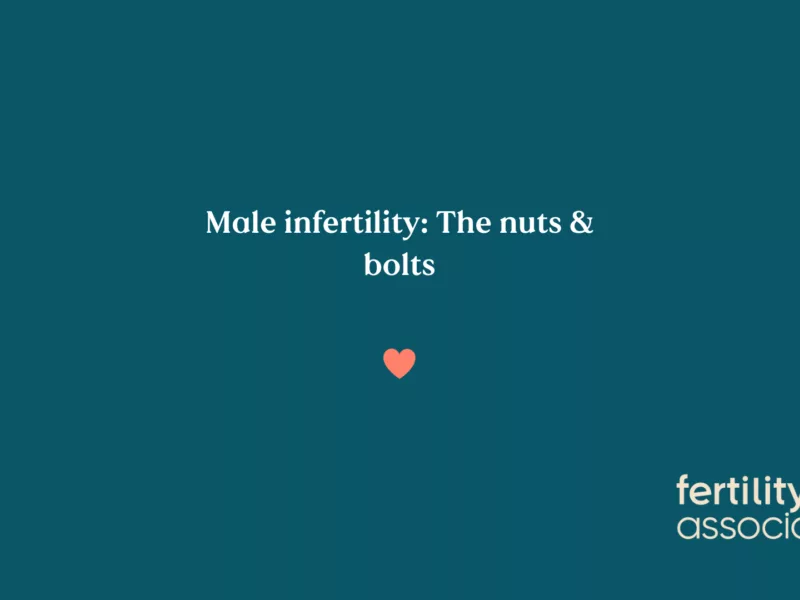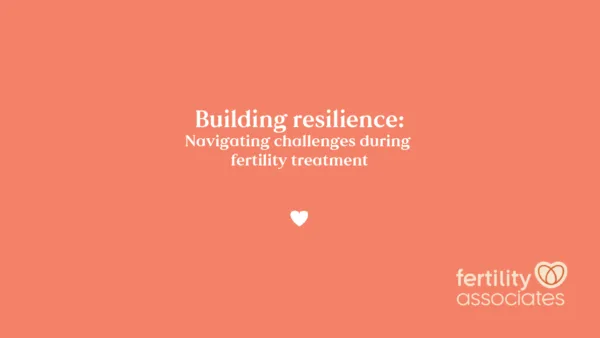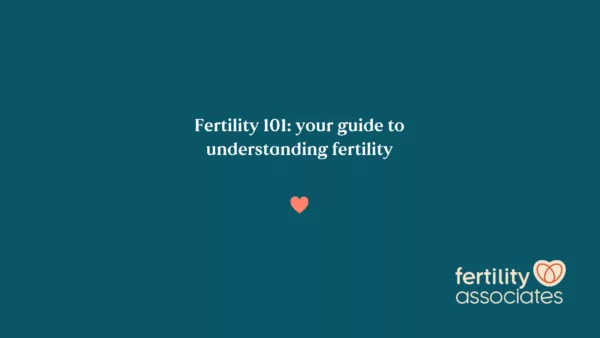Male infertility: The nuts & bolts

Male infertility can be hard to talk about. In Dr Phill McChesney’s webinar we will take a closer look at why men experience infertility, the different types and what you can do to keep your little swimmers happy!






